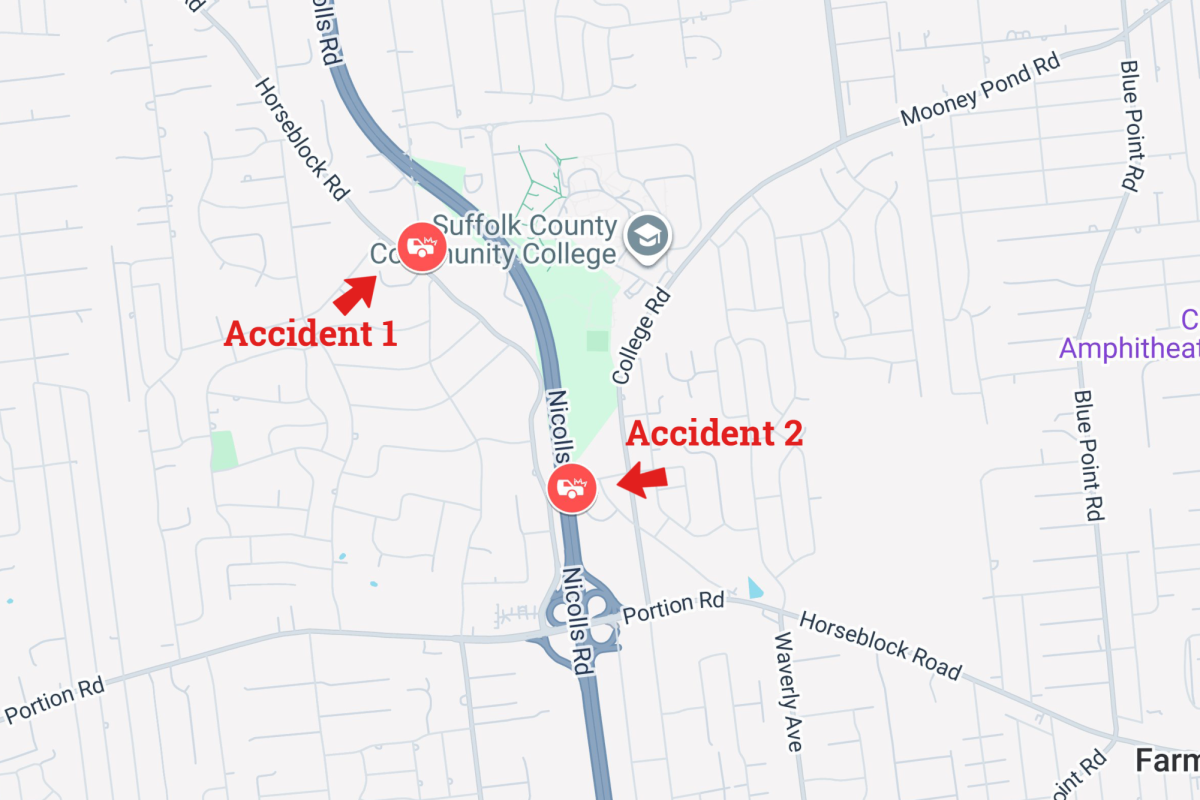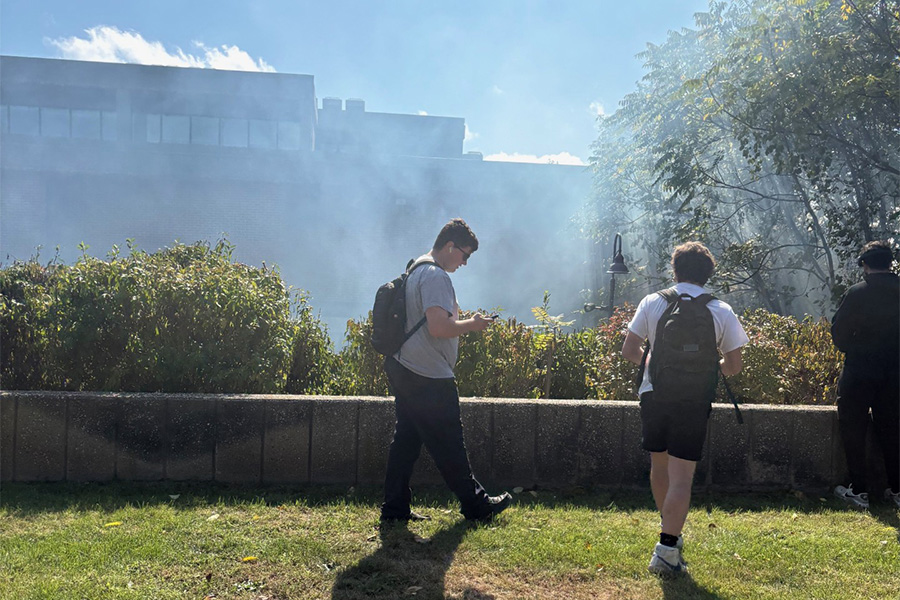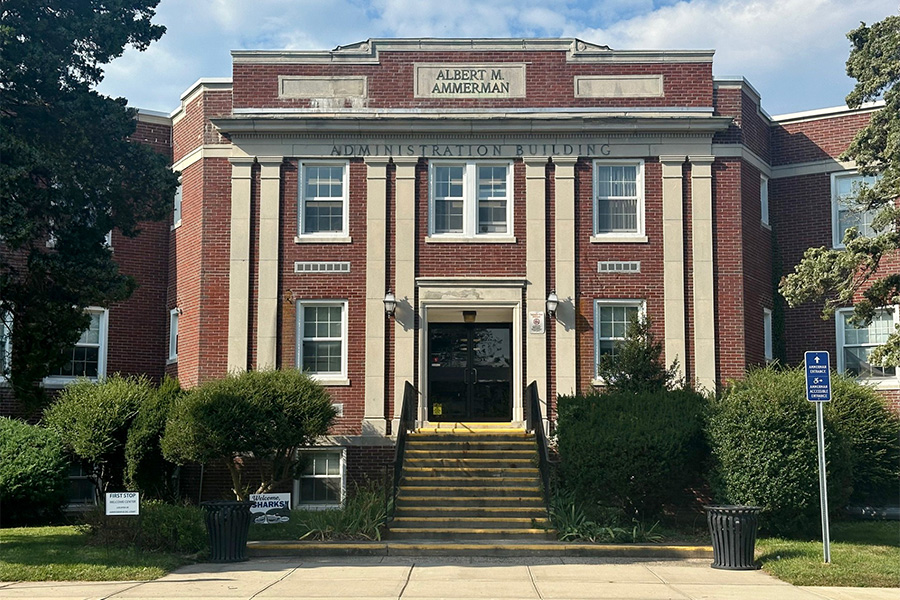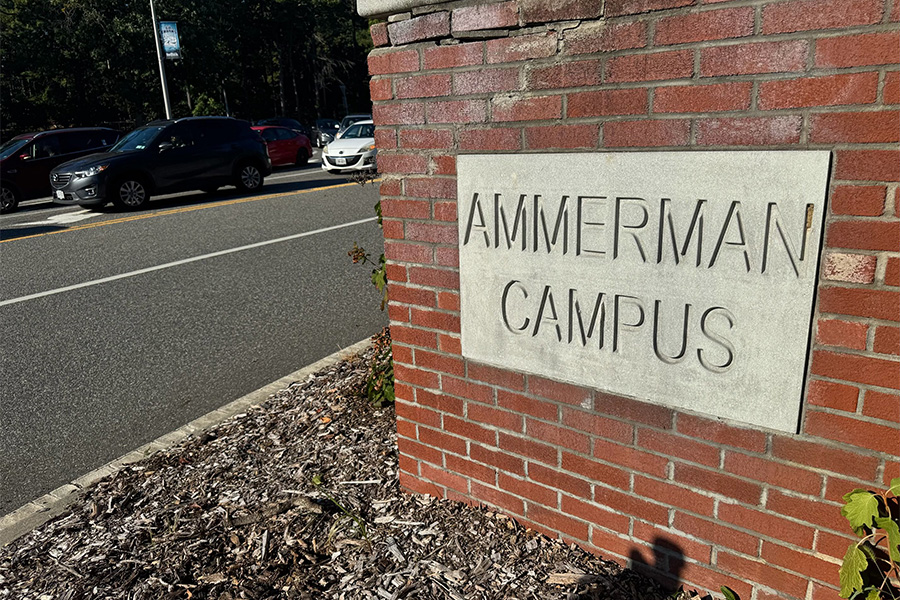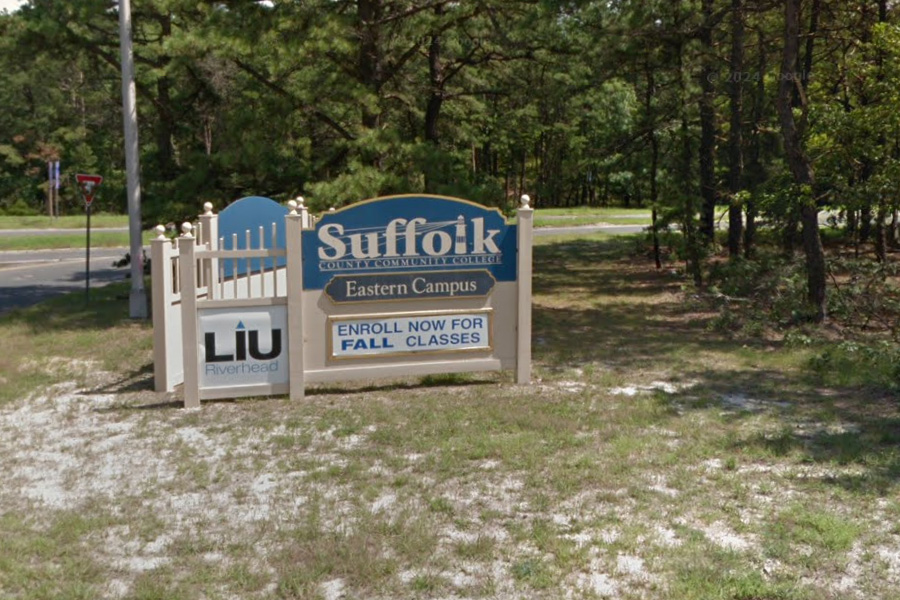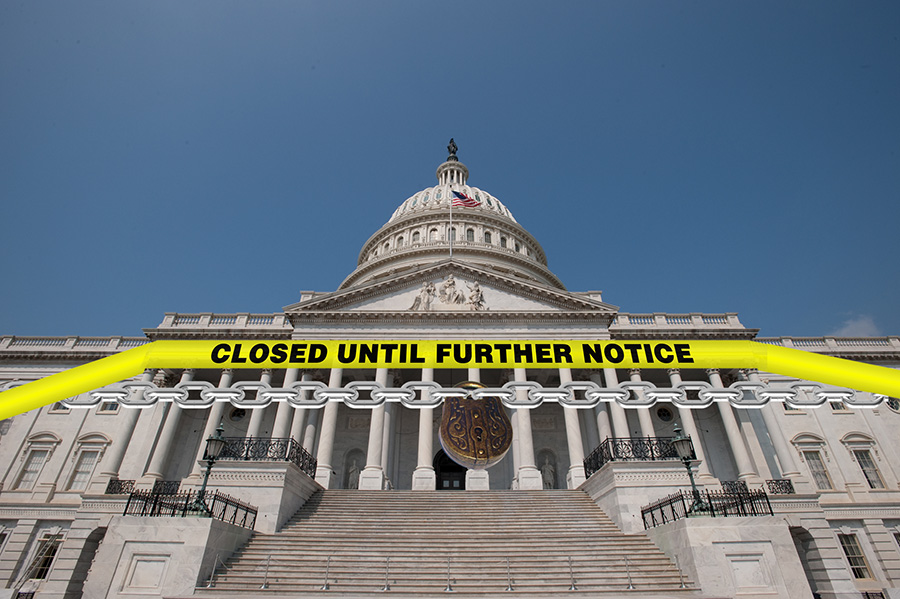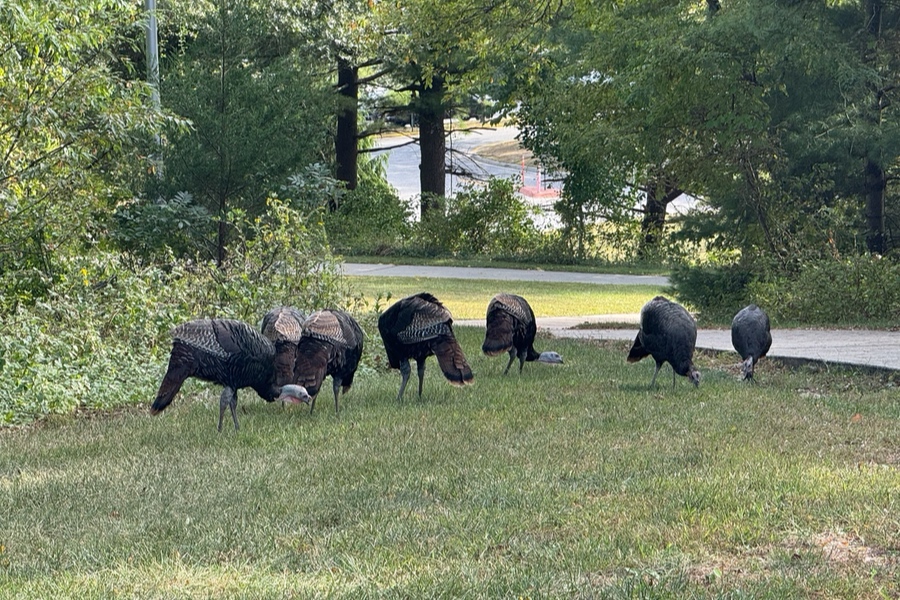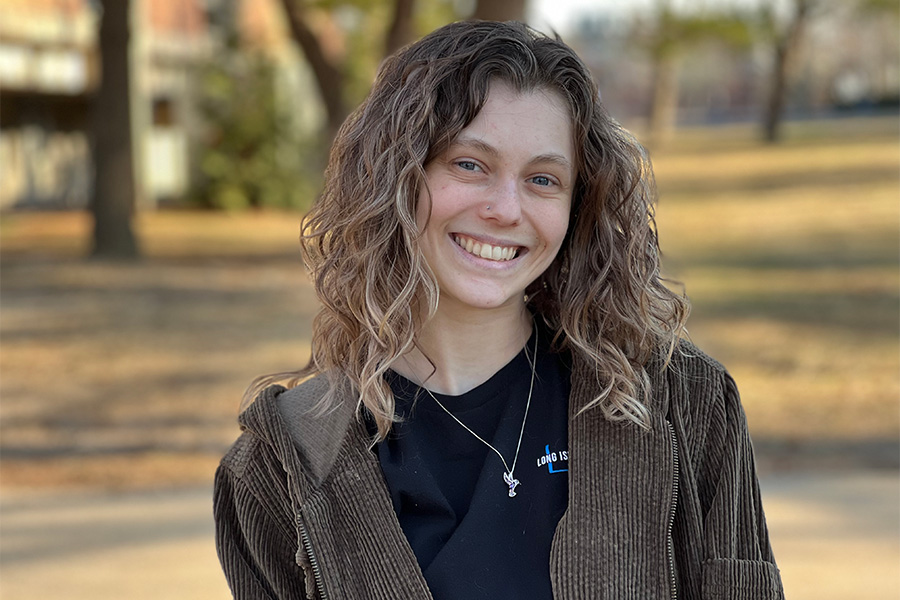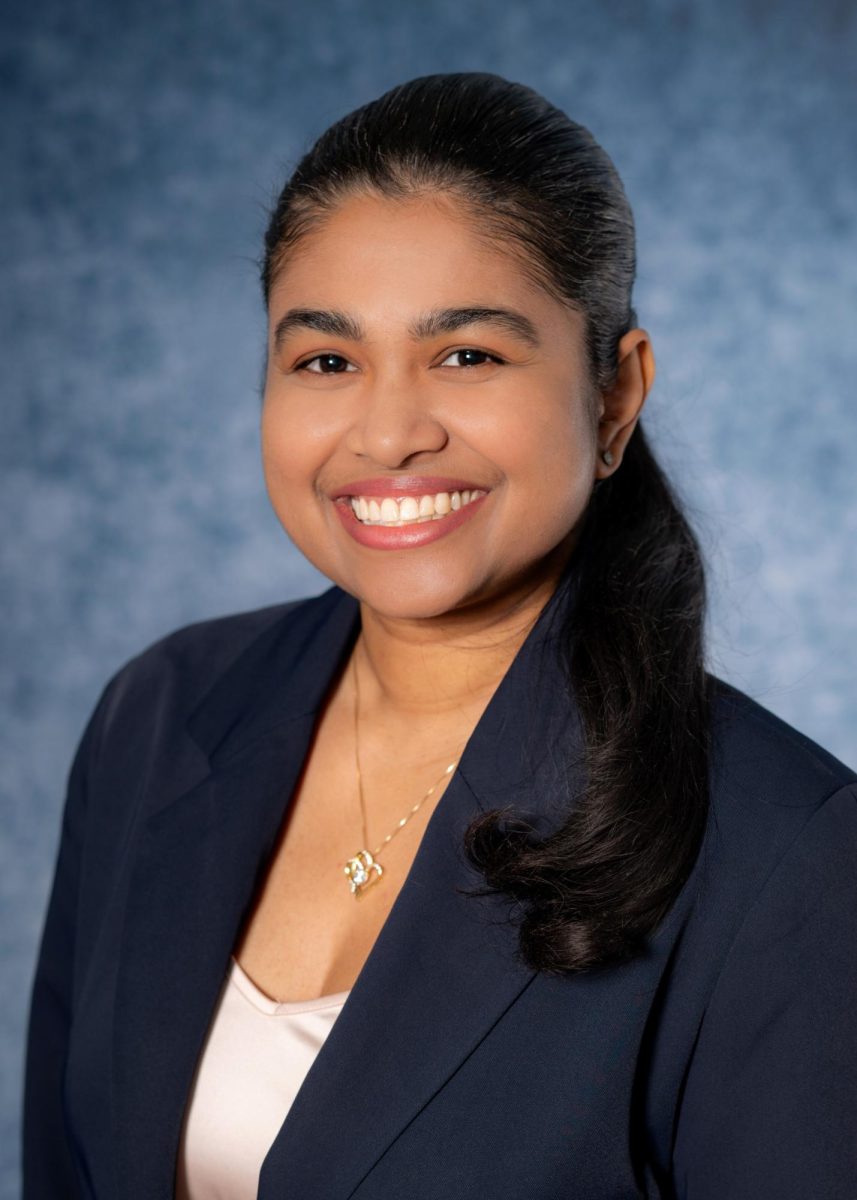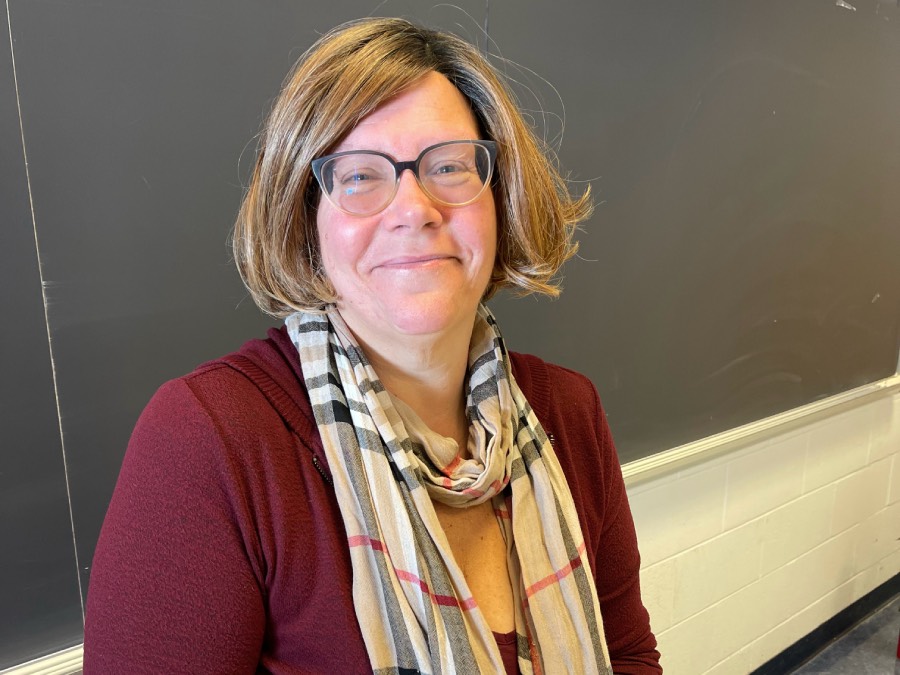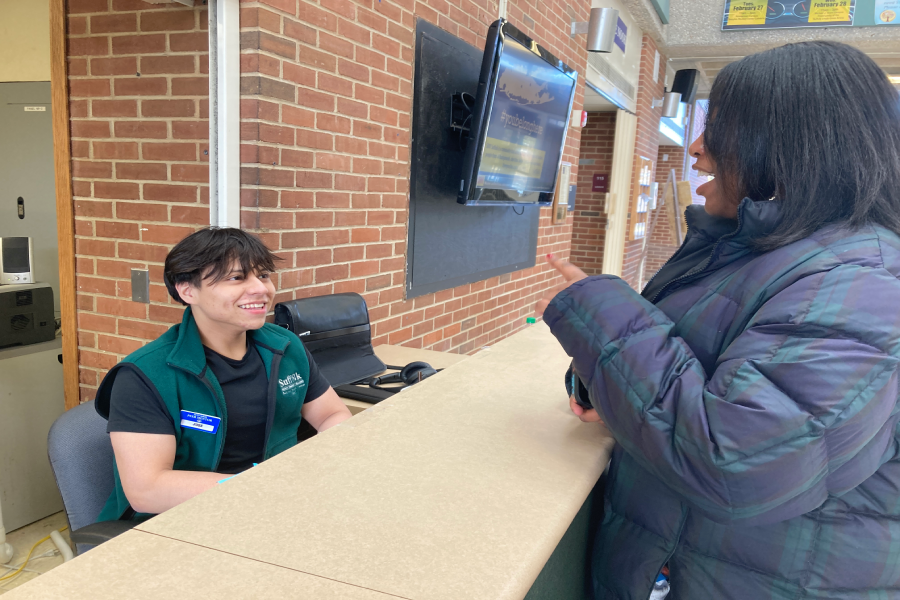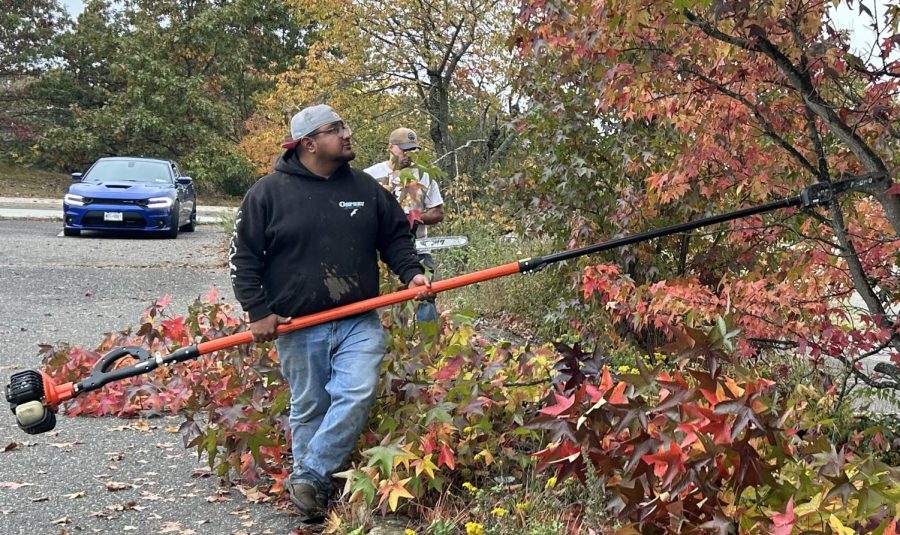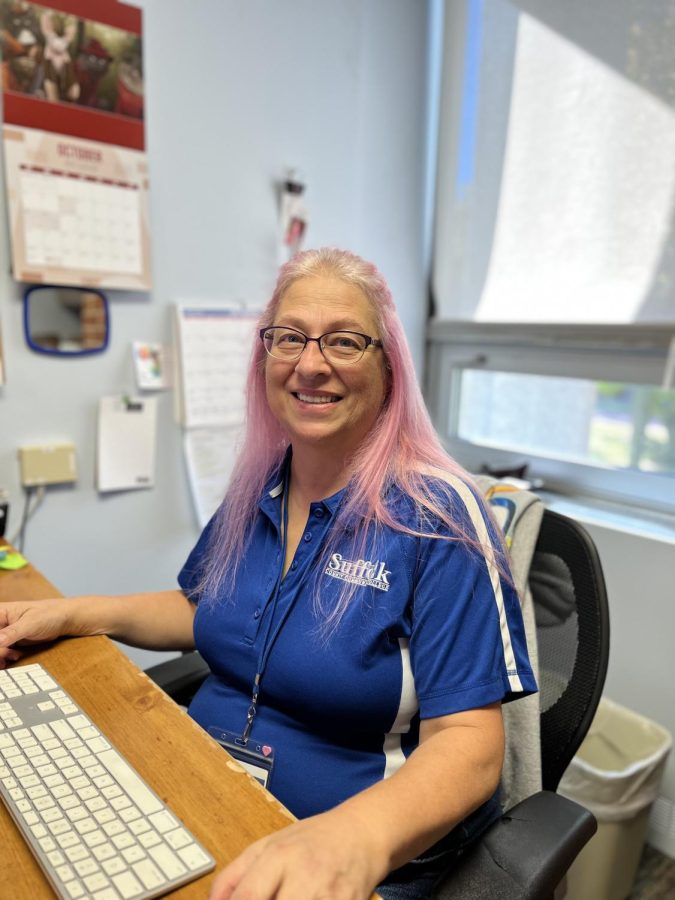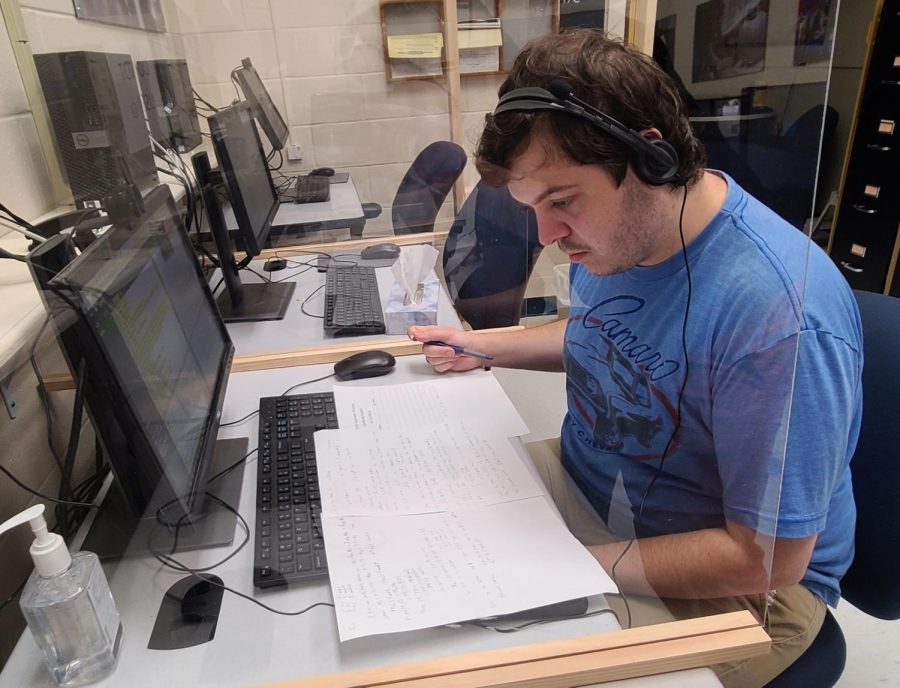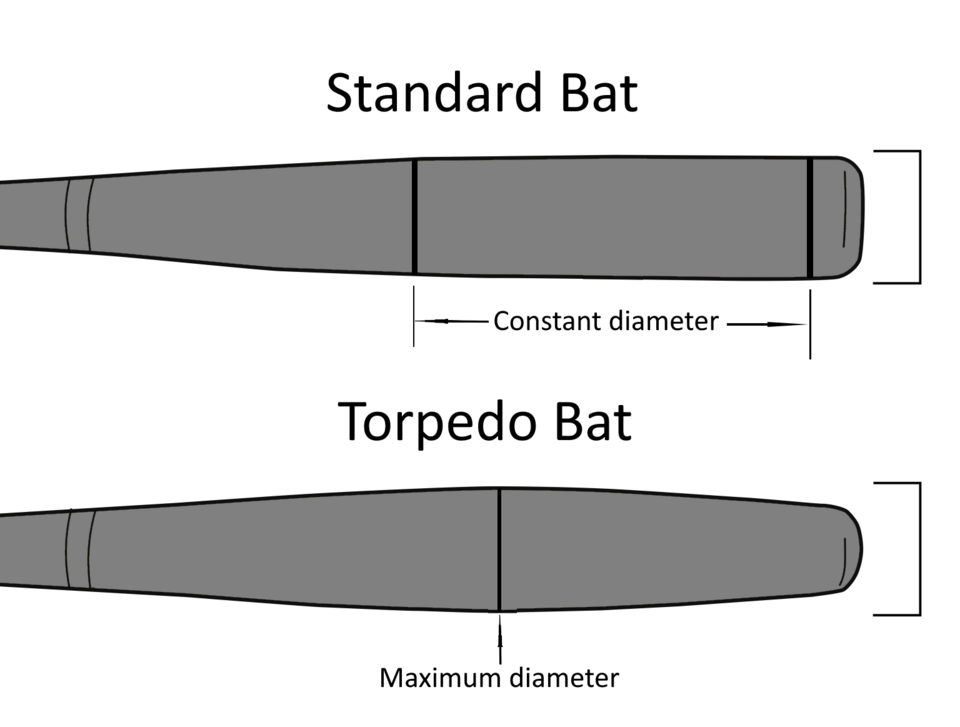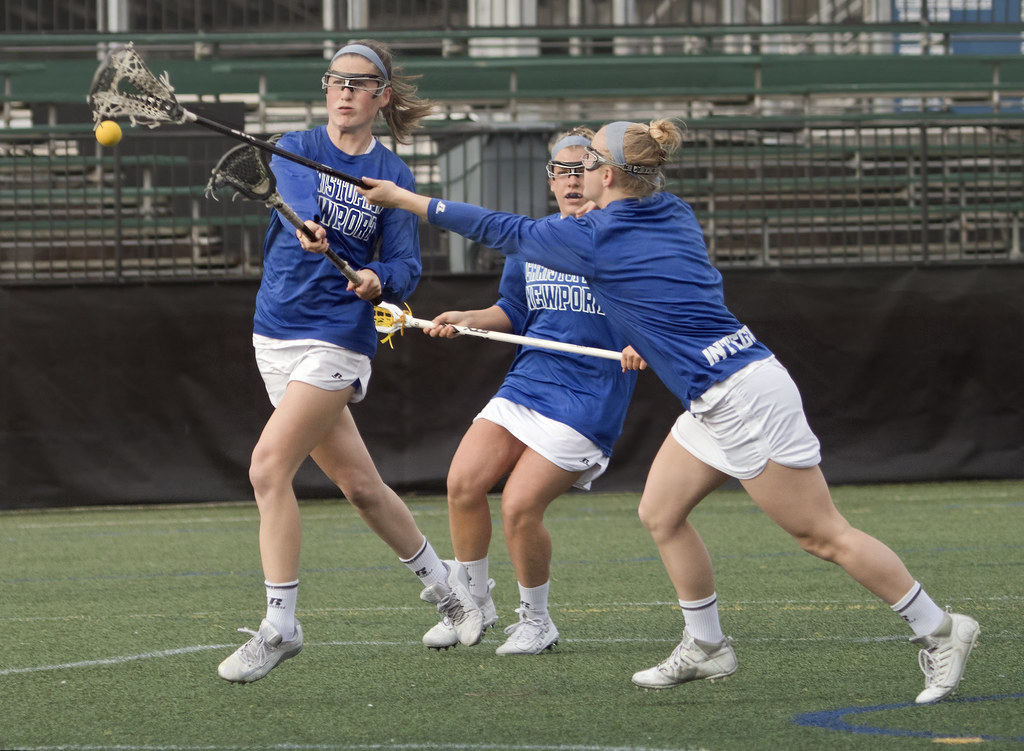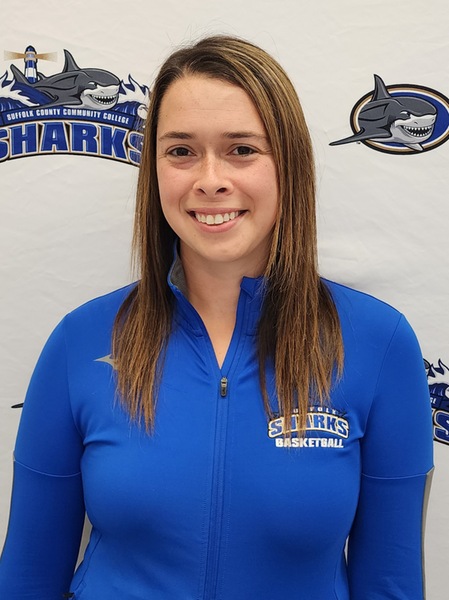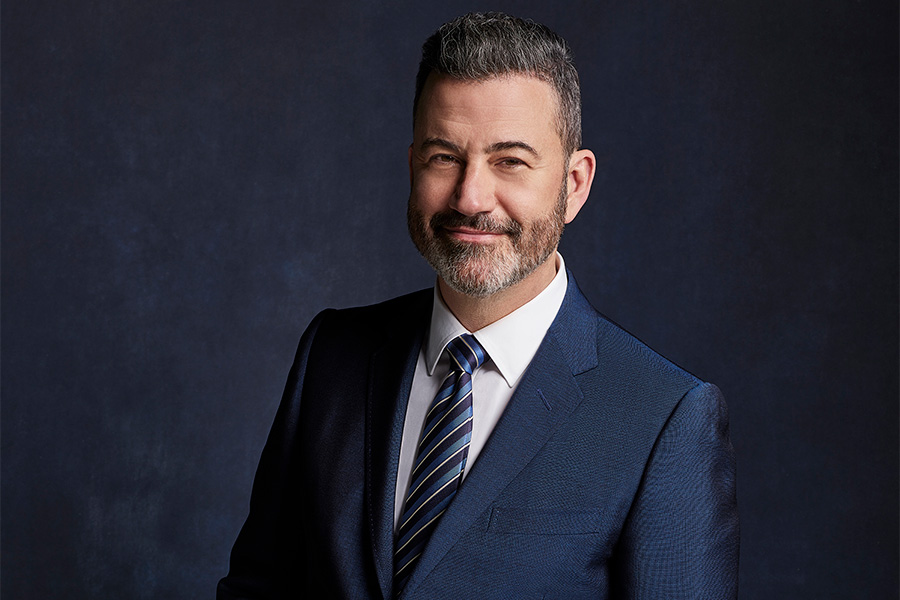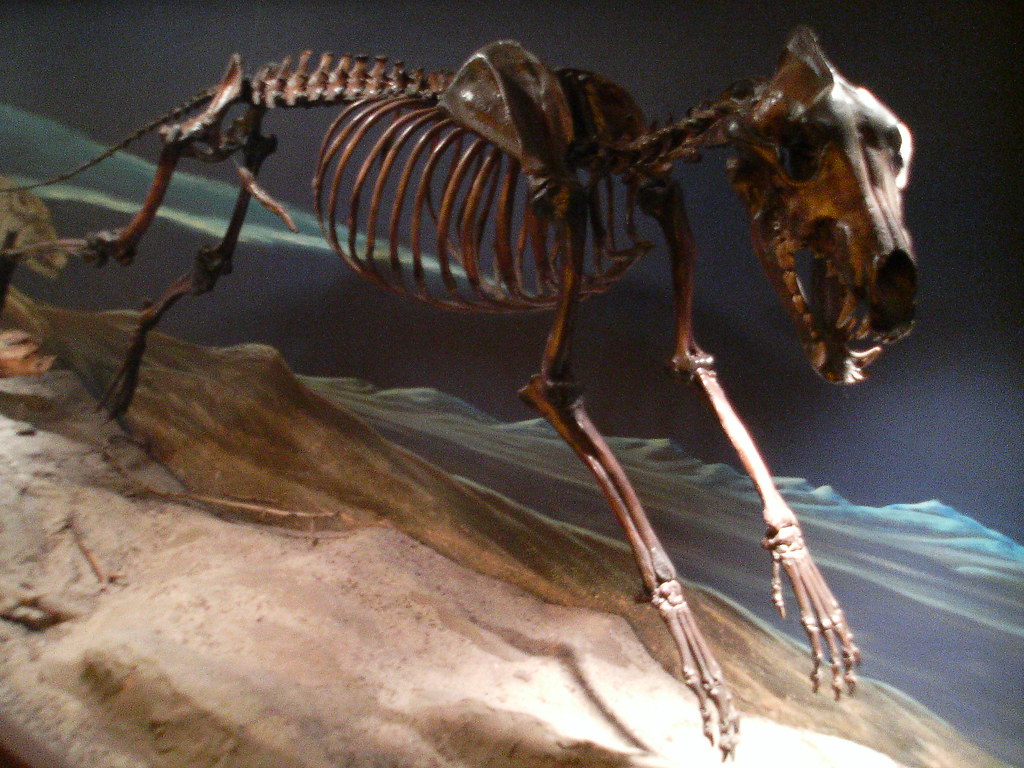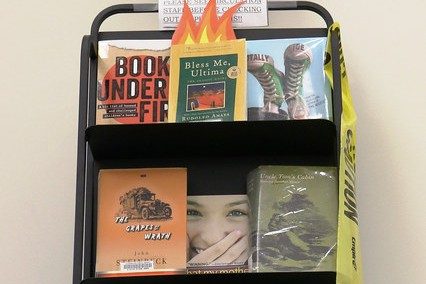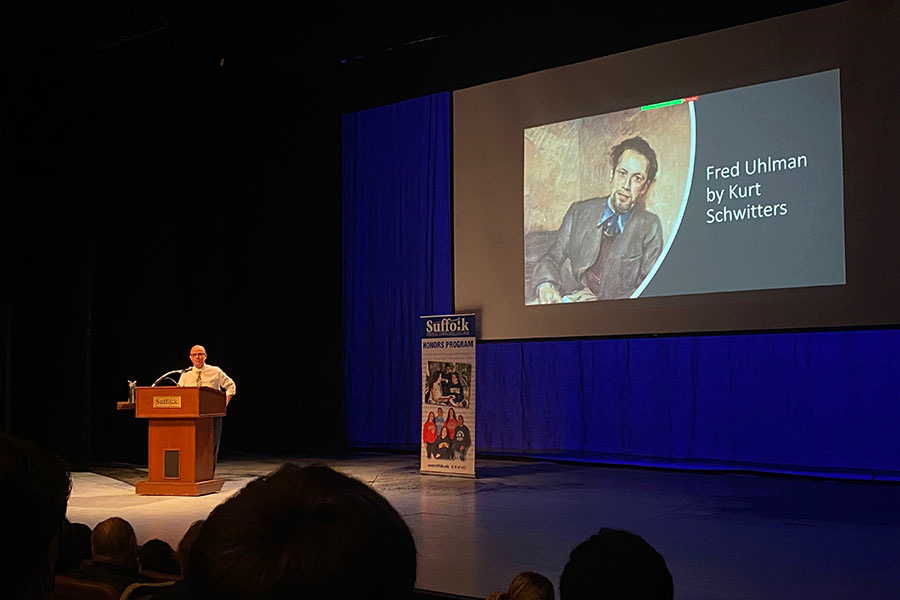David Hannigan: Professor and Author of ‘Barbed Wire University’
David Hannigan’s discusses his latest book during a social science presentation.
David Hannigan, a professor of history at SCCC pictured (Left) giving a lecture on his new book ‘Barbed Wire University’, located in Shea Theater at the Ammerman Campus of SCCC, on Febuary 23, 2022.
February 25, 2022
David Hannigan, an Irish-born Professor at Suffolk County Community College since 2004, and a Setauket resident has published over 10 non-fiction books and is a columnist with the Irish Times, The Evening Echo, and Irish Echo. He recently discussed his origins in teaching and his latest book, ‘Barbed Wire University’.
The new book ‘Barbed Wire University’, “tells the extraordinary tale of Winston Churchill’s internment of some of the most gifted Jewish refugee writers, professors, artists, and painters of their generation. It’s a tale of how prisoners strived to construct a Bohemian idyll at a time when their freedom was taken from them and the threat of the Nazis loomed over all.” Hannagin’s book is an example of his passion for international affairs, and his desire to share stories about the people impacted by issues surrounding them.
“These are human stories, of men displaced from their lives, and you can’t be affected by discovering their suffering, and that connects with me,” Hannigan said.
Hannigan, now a resident of Setauket was born in Togher of Ireland. He has always been passionate about the world affairs he discusses in his books, traveling to “experience more of the world.”
As a citizen, Hannigan reflects his love of history and foreign affairs in his published works. He recently spoke to his inspiration for his latest book ‘Barbed Wire University’ saying, “I heard the story of Hutchinson Camp on a podcast while sitting in traffic on the LIE one day, and started researching and didn’t stop for two years.”
However, as he writes in his book, “with resourcefulness and ingenuity, they turned Hutchinson Camp into a school, concert hall, and artistic community.”
President Dr. Edward Bonahue of Suffolk County Community College chimed in and shared his thoughts about Hannigan’s work at his latest book discussion. “People found ways to move on, to go back to their families, it speaks to the way people overcome.”
“We need to celebrate this acceptance within society,” President Bonahue continued.
Hannigan’s book focuses on a forgotten corner of WWII, his subject is not notoriously well known yet he found this one of the most essential reasons for choosing the topic.
“There are so many topics that we know so much about, it’s very difficult to find incidents or episodes that have been neglected. The joy is in finding one and then ensuring that it becomes part of the larger story forever,” as he passionately speaks about his piece.
His connection to the book reverberates not just within its readers, but with his colleagues. Albin J. Cofone, a geography professor, spoke about his book and its connection to people on a human level. “Geography tells a story,” he said. The geography that confined the Jewish refugees and imprisoned them did not define them, nor did they allow it to break them.
Cofone continued commenting on Hannigan’s love for his work, “He is a dear friend, he has a global perspective, a grand sense of adventure, and carries a lifelong love affair with the English language.”
Hannigan’s summation included his hopes for his current and past works.
“I just hope to tell stories through my work that interest people and give them satisfaction.”
